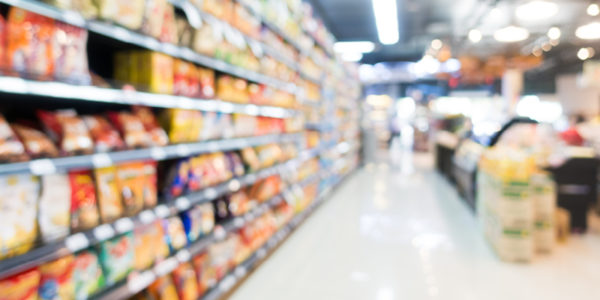
The latter half of the 20th century saw a swing towards mass-production, convenience and an ever-lengthening list of additives and preservatives in all of our food – but the 21st century has shown a jump back; people are rejecting everlasting convenience food, wanting more natural and healthy alternatives – but still want the convenience… So, how can a balance be found between the two?
Mass production – whether it’s creating food products or an entertainment show, an attention-grabbing headline or a bestselling novel – means we need to please the most people in the most effective way.
What pleases people may be shifting – but the way that the market meets that need has to move to suit, or even the biggest brands will lose their trusting market.
We can see branding and labels screaming from every shelf that products are ‘all natural’ or have a ‘new, improved recipe!’ – all claiming lower salt, less sugar, organic ingredients with free range origins – and it’s working. People want to see this more natural, less artificial choice reflected in their shopping.
Flawless fruit and veg is no longer hogging the limelight with its perfect lines and blemish free skin – supermarkets are offering discounted produce which has failed to pass the ‘pretty standards’ of retail and shows a more natural alternative; an alternative which strips away some of the genteel separation between us and where our food comes from, allowing shoppers to reconnect with the farming industry which provides what we consume.
A further evolution of this reconnect, is seeing people skipping their supermarkets altogether and returning to more traditional purchases direct from farmers, with veg boxes and subscription fruit services bringing produce direct to our homes – all the convenience we’ve come to expect from an Ocado van, without the middle man, and a feel-good addition which supports an independent business, but doesn’t eat into our time.
What people want is less and more – more choice, more honesty, more information about what we are buying and who we are getting it from, a more personal touch – with less additives, less glossy labelling and packaging, and less mysterious veil separating us from the origins. Can the retail market meet that need?
Convenience matters – but people also want natural, friendly and personal.
Can the ever-growing needs of a convenience-driven consumer market, who are getting back in touch with tradition, be met?